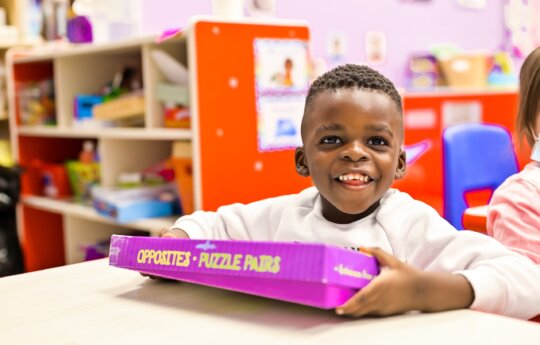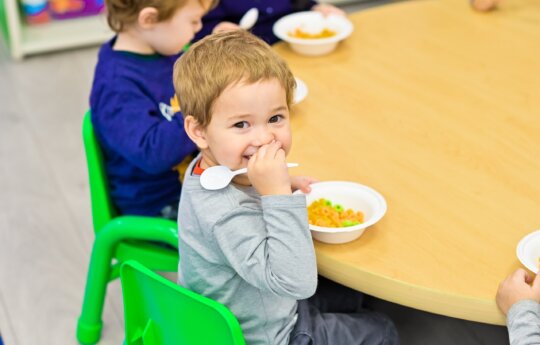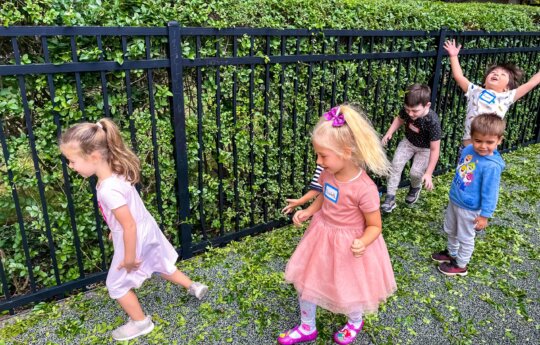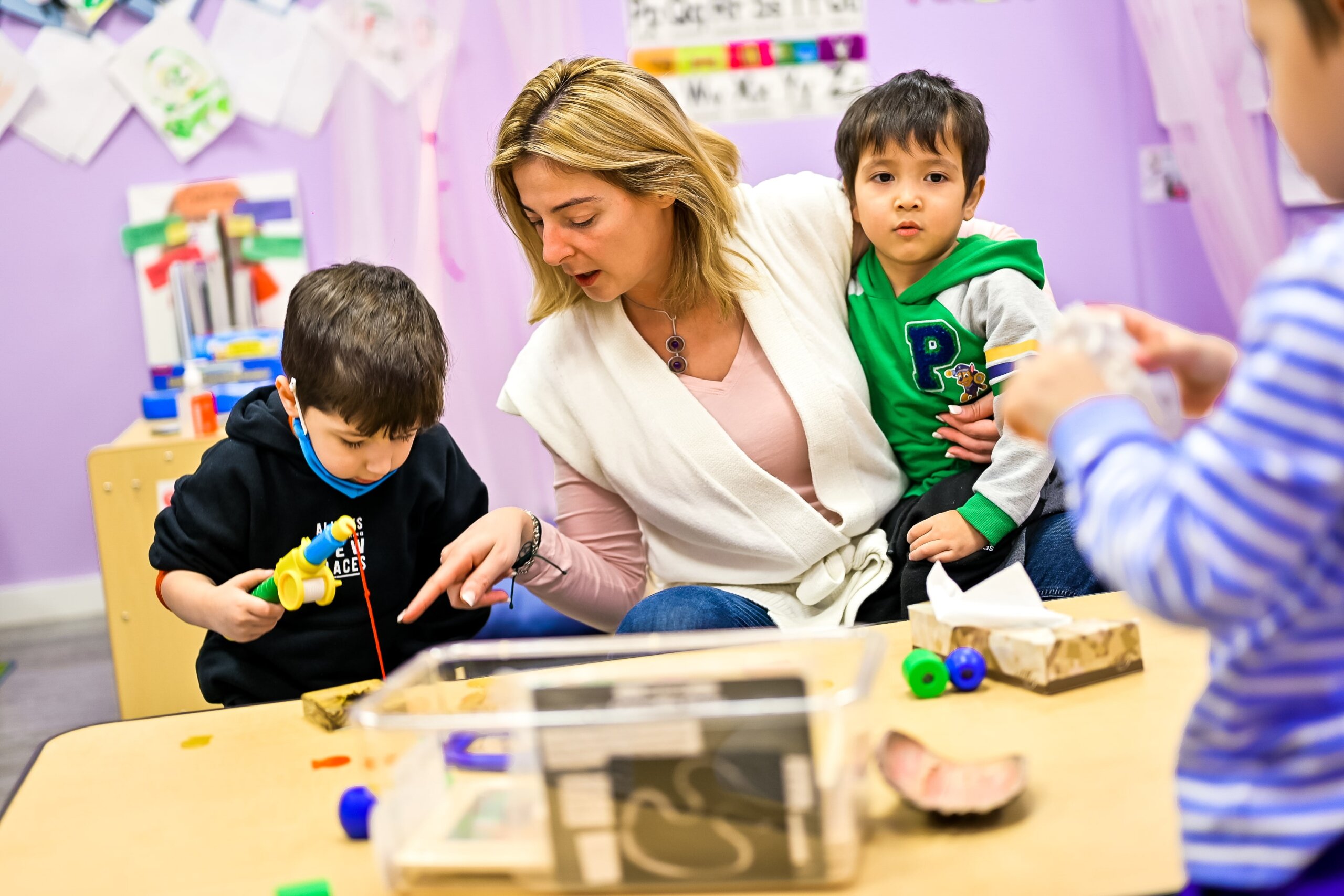
Parental involvement in early childhood education occurs when parents become involved in the educational and developmental activities of the child in their first few years. As such, this involvement can include any of the following interactions: parental attendance at a daycare or preschool facility, parent participation in groups or events, or simply continued communication between the parents and educators.
It is crucial to realize why parental involvement plays a definitive role in early childhood education since doing so will allow both parents and educators to generate the maximum effect.
Importance of Parental Involvement in Early Childhood Education
A big body of research verifies the benefits of parental involvement in children’s early education.
- It is found that when parents are excessively involved, children are more likely to attain social and basic academic skills during the early years central to successful future learning. For example, it is found that children whose parents frequently engage in various activities with their children have higher literacy and numeracy scores.
- Moreover, increased parental involvement positively affects children’s attitudes to school and increases the chances of their obtaining further educational qualifications.
- Additionally, as was pointed out, children whose parents are more likely to support and aid their development succeed in the classroom, while inappropriate behavior and poor adaptation can be observed in other students. The National Education Association also expressed a similar idea in its report.
- Overall, the involvement affects not only the cognitive outcomes of students but also their attitudes to education, motivation and eagerness to learn.
Explanation of How Parental Engagement Contributes to the Emotional and Social Development of Children
Parental engagement is closely related to a child’s emotional and social development.
- When parents are involved with the child’s educational settings, it implies that the child is taken care of and valued, which inherently increases a child’s self-esteem and produces a sense of protection and respect. Thus, parents are better at understanding what the emotional needs of their children are, which is highly important in the early years of education.
- Seeing familiar adult faces at daycare will help a child to cope better with separation.
- Socially, children benefit from the presence of their parents since important social skills, such as empathy, cooperation, and sharing. Those are the skills that are not taught by educators and remain with children for their lifetime.
- Parents encourage, model, and teach children proper social behavior through observed and directly involved engagements.
- In addition, the presence of parents in various school-related activities, such as fundraising, community events, class announcements, and conferences, teaches the child the essential need for community and teamwork.
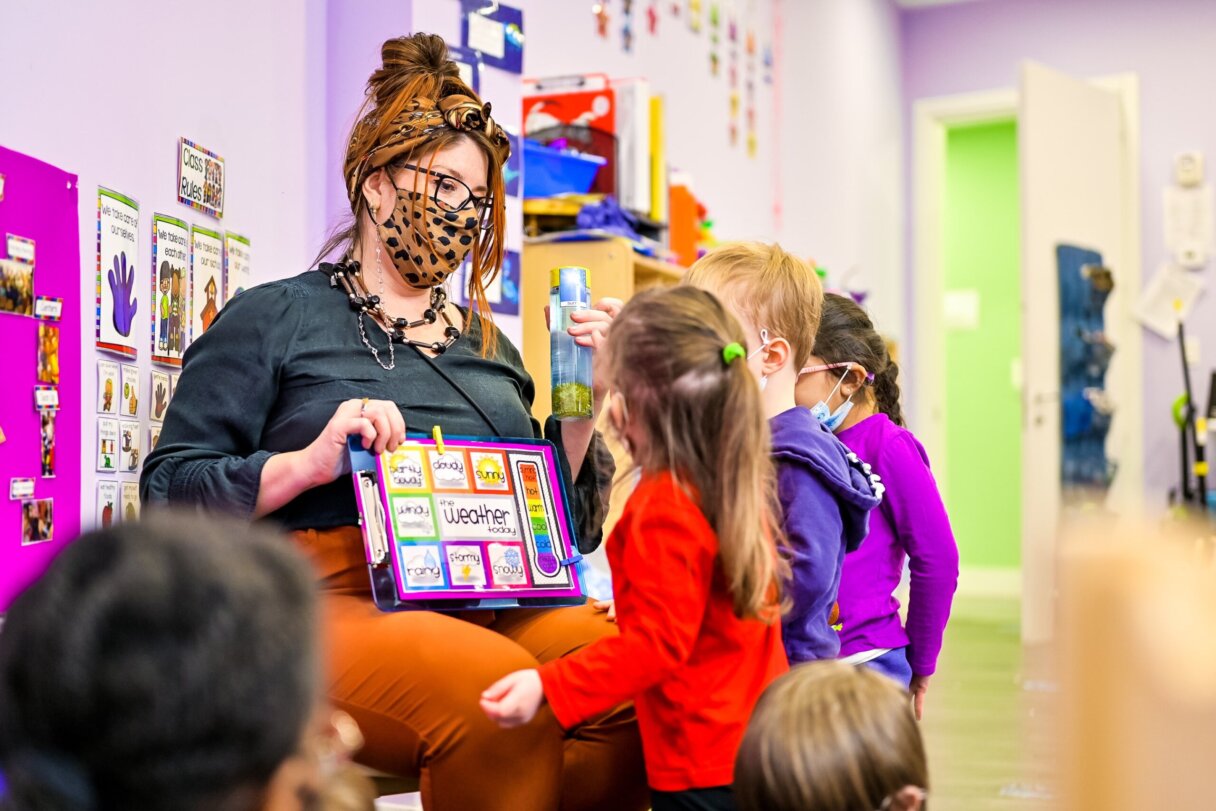
Key Aspects of Parental Involvement
Parental involvement in the process of education can be classified into a number of key aspects, all of which are crucial for enhancing children’s experience and success in daycare settings. These include the physical presence of parents, communication with educators, and supportive activities at home.
Physical Presence
The parent’s physical presence in daycare activities, events, and field trips is a great advantage. This is because when parents attend school-related activities, they demonstrate to their children that they care about their educational environment and their experience at school, which motivates the children and makes them eager to participate in such events. In addition, the participation of the parents in a school function equates to visible support to the child, which also contributes to the child’s level of self-confidence and social skills. Finally, parents can better understand the details of their children’s interpersonal relationships by getting to watch more of their interactions in the daycare.
Communication
Communication between parents and daycare staff should be a regular one for several reasons. On the one hand, when parents are informed about the educational goals and plans for their children’s further development, they can contribute to reaching these goals more effectively. Telephone calls and messages help to spread the information. On the other hand, closer contact between teachers and parents facilitates tackling challenges and probably readjusting educational strategies. If problems are detected early, it is best to avoid troubles.
Support at Home
A parent’s role goes beyond the daycare and to their home, where the teachings are reinforced. This action would entail engaging their children in activities that would complement the teachings of their daycare. This could be in the form of reading books, practicing numbers or letters, or discussing aspects taught in the daycare. Additionally, the values taught in the daycare could be instilled in the home, as the parents guide the children in sharing with their siblings being patient and respectful, among many other values. By so doing, these values and teachings would be made more solid, and the difference between the two settings could be consistent and optimal for the child.

How Parental Involvement Influences a Child’s Behavior and Learning
Positive Behavioral Outcomes
- When parents participate in and show interest for their child’s daycare activities, the latter receives a confidence and self-esteem boost that motivates positive behavioral patterns to be adhered to.
- Additionally, involved parents are more likely to interact with caregivers and teachers, which serves to set consistent expectations for behavior and other similar characteristics at home and at a daycare or school.
- Because of the established regularity of either reinforced negative behaviors or encouraged positive ones, children are more informed on rules, social norms, and due consequences of not following them, and the frequency of negative behaviors such as failing to exercise patience or cooperation and resorting to aggression or refusal are less frequent.
- Parental involvement provides a more effective setting for learning social skills. Because parents are modeling social behavior and children frequently see them interacting with others reasonably and politely, kids are more likely to adopt the behaviors they were exposed to. Such behaviors include sharing, cooperation, and empathy.
Cognitive Benefits
- Children of more engaged parents are more likely to be spoken to, read together more often, and play educational games that can increase their language and knowledge acquisition.
- Early language skills are directly related to academic success later in life, and more interaction with parents allows children to be exposed to a wider vocabulary and to practice speaking or understanding others more often.
- More involved parents also prepare their children for the demands of school: they help them develop early math skills, introduce basic sciences and arts concepts to their children, and generally acclimate them to a structured learning preschool program. This is extremely beneficial to their transition into daycare and beyond and has the potential to foster a lifetime of learning.
Emotional Effects
- For many kids, having the knowledge that their parents are interested and actively participate in their daycare gives a sense of security that is essential during the early stages of childhood. This security increases the individual child’s confidence which allows them to take new activities, experience other children, and be part of the learning process.
- Emotionally, the presence of parents helps kids to transverse from one learning activity to the other, one teacher to the next, and from one age group to the next with a lot of ease as they feel supported and loved.
Challenges to Parental Involvement
While having parents involved in their child’s early schooling is a good thing, there are some common problems that can make it hard for parents to do so effectively. Taking care of these problems is necessary to make the daycare setting welcoming and helpful for everyone.
Common Barriers
- Time Constraints: Many parents are busy working and taking care of their personal duties and children, so they may not have enough time to be involved in school and daycare activities.
- Lack of Understanding of How to Be Involved: Some parents may not be aware of what involvement means and how they can help improve their child’s education.
- Socio-Economic Factors: Some parents may have economic difficulties, not have enough resources, or live in an underserved community to participate in their child’s educational setting.
Strategies to Overcome These Challenges
Looking at the challenges faced, there are multiple strategies that the daycares can employ to engage the parents effectively.
- Firstly, it is essential to have flexible participation options to encourage involvement from the majority of the parents. The first strategy that can be developed in this direction is providing multiple ways of including parents, such as having meetings at different times. Including virtual participation can also be beneficial, along with several types of involvement that would fit multiple schedules. Therefore, the first approach that can be taken is multiple ways of involving parents and varying schedules.
- It is also vital to offer education to parents on the advantages of their involvement, as workshops, newsletters, and parent orientation sessions can successfully motivate parents to be involved in these processes.
- Finally, it is critical to implement a friendly and welcoming community to ensure that all parents are comfortable and willing to be part of the daycare. Certain activities can be used to do so, such as having staff available to talk to parents. Resources in different languages should also be available for versatile options of communication.
- Community and multicultural events should be held regularly to make parents feel valued and encourage them to participate in the community.
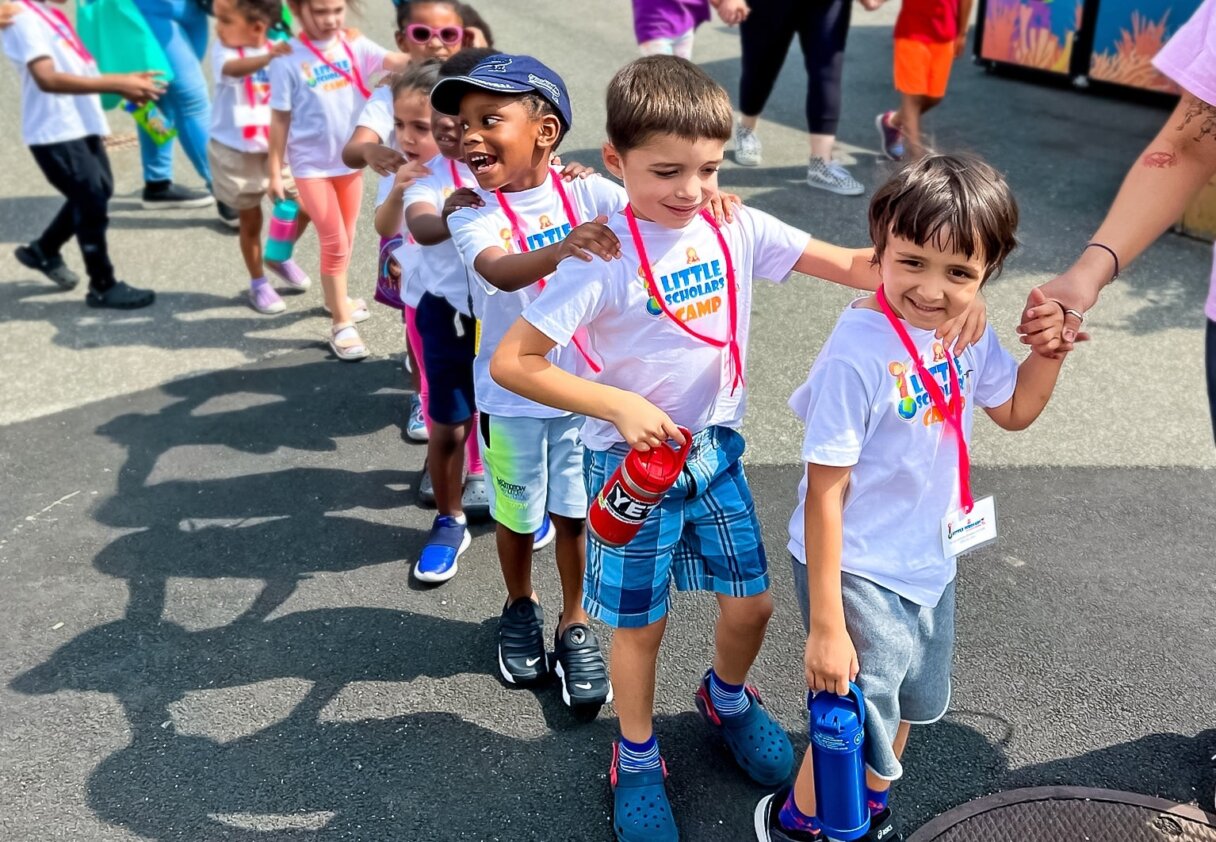
Conclusion
In conclusion, it is essential to underline that parental involvement in early childhood education is crucial for the overall development of children. Parents’ participation influences children’s positive behavior, increases cognitive achievement, and affects emotional growth in young learners. Active involvement in daycare activity, regular communication with educators, and support of the same learning at home positively impact a child’s success and preparedness for further and more complicated studies.
We would like to encourage all parents to engage in early childhood education of their children, support them in their daily activities, communicate with their teachers on a regular basis, and encourage the same learning at home. Undoubtedly, your involvement will make a difference in childhood education and in your child’s ability to succeed at both the current level and further stages of study.
The Little Scholars Difference
Little Scholars Daycare would like to invite all parents to help us make an inspiring and successful educational journey for our children. We will be very happy to form a partnership with you to lay a solid foundation for career success, for which your children will be eternally grateful. Come and see us today to be a part of an exceptional educational experience.

